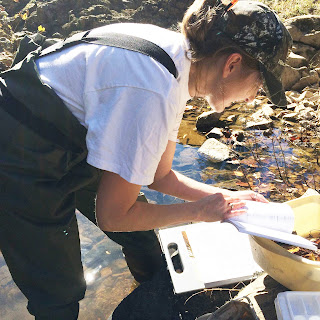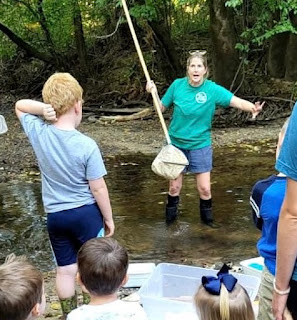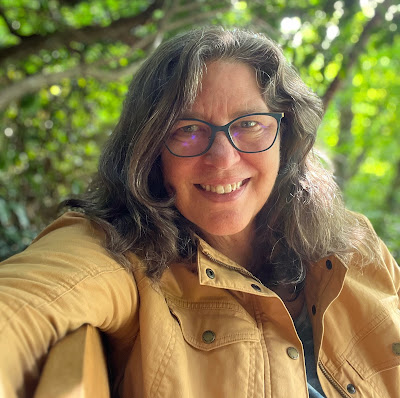Fuquay-Varina- State and local leaders gathered today at Lincoln Heights Environmental Connections Magnet Elementary School to celebrate Earth Day with students and release the state’s new K-12 Environmental Literacy Plan.
“The Environmental Literacy Plan is a roadmap for increasing environmental understanding and preparing students for STEM careers,” said DEQ Secretary Elizabeth S. Biser. “Lincoln Heights is a successful model of the schools exemplified in the Plan and the perfect place to celebrate Earth Day and the release of the updated plan.”
This 2024 revision of the original 2010 Environmental Literacy Plan was a collaboration between the NC Department of Environmental Quality (DEQ), the Department of Public Instruction (DPI) and the nonprofit Environmental Educators of North Carolina (EENC), which serves as the state’s professional association for environmental education.
The Plan provides schools and nonformal educators guidance for increasing environmental literacy and preparing students for environmental and STEM careers.
Lincoln Heights provided the ideal site to release the new plan. The school has incorporated an environmental connections magnet theme since the 2017-18 school year, and the original Environmental Literacy Plan was used to develop the program.
The Plan encourages collaborations between schools, local businesses and organizations, environmental education centers, colleges and universities, conservation organizations, and nonformal educators--individuals such as park and forest rangers, museum educators, Soil and Water District educators, local stormwater and recycling educators and others.
All of the speakers at today’s event highlighted the collaborative nature of the Plan and the environmental connections Magnet Program at Lincoln Heights. Lincoln Heights third graders shared ways to reduce food waste and the fifth grade GROW ambassadors invited guests to add pollinator plants to the school’s garden planters.
Dr. Kimberly Lane, Senior Director for Magnet and Curriculum Enhancement programs, Wake County Public School System; Dr. Kristi Day, Director of Academic Standards with DPI; Nikki Jones, interim executive director for EENC; EENC President Kyra Thurow Bartow; Fuquay-Varina Mayor Blake Massengill; Principal Scott Gaiten and Laura Wood, Environmental Connections Integration Specialist, joined Secretary Biser to celebrate the release of the plan.
https://www.eenorthcarolina.org/


















%20Jenifer%20Jay%20Project%202.jpg)
%20Jennifer%20Jay%20Project.jpg)







